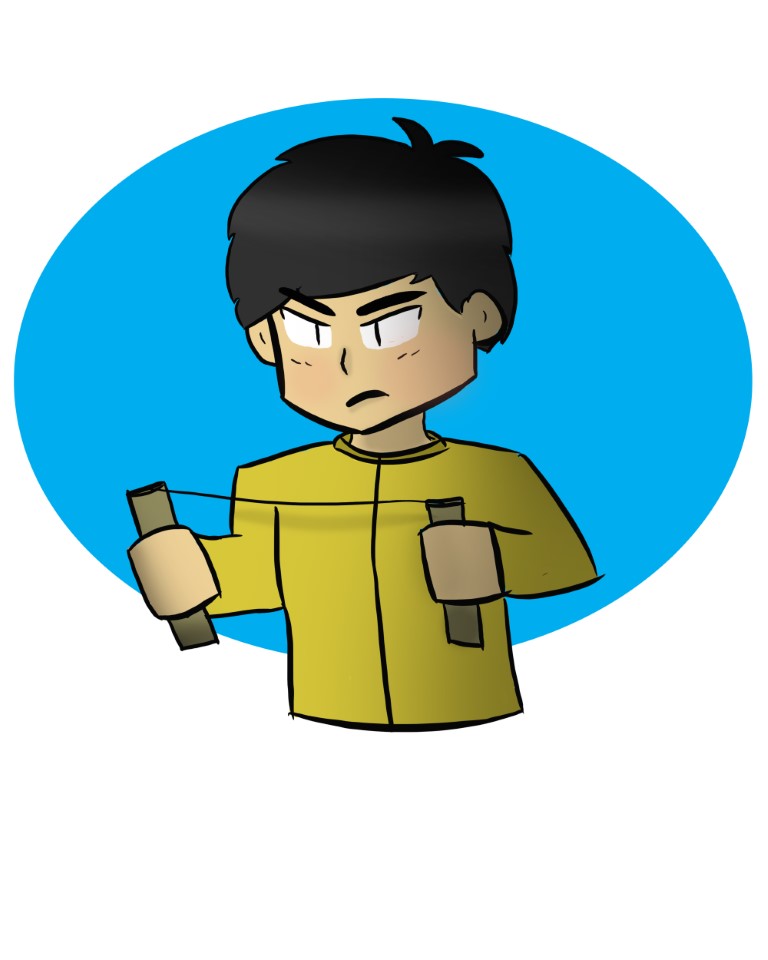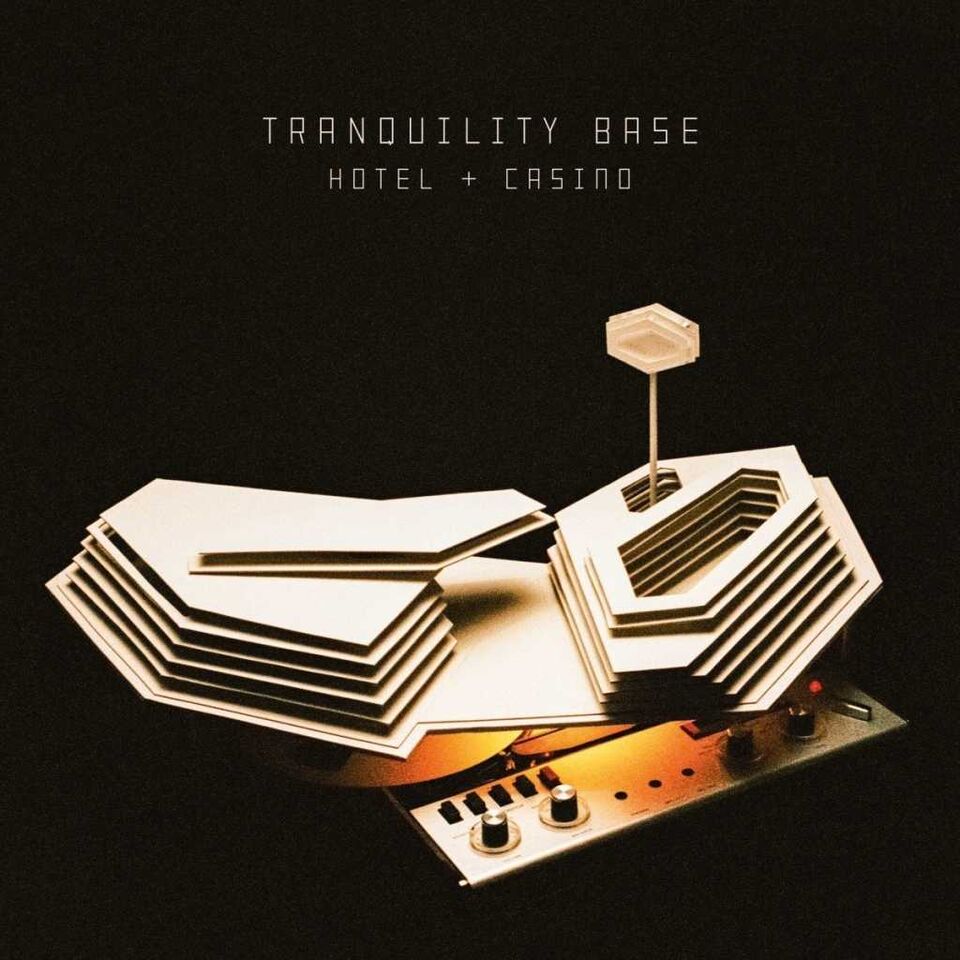
Interviews with the stars of this cult classic on its anniversary
By Brandon Yip, Senior Columnist
Bruce Lee was like a shooting star. Like James Dean, he appeared briefly in the public’s psyche—and then he was gone. August marks the anniversary of when Lee’s seminal film, Enter the Dragon, was released in North America. Sadly, Lee died in Hong Kong at the age of 32 on July 20—a month before the film’s release.
He had starred in only four films (Game of Death released posthumously in 1978). It was a short but memorable body of work. Lee possessed a dynamic screen presence with his good looks and natural charisma. He also revealed to be very articulate, introspective, and philosophical.
After the release of Lee’s first Hong Kong film, The Big Boss (1971), he was a superstar. However, Lee dismissed the notion of being a “star,” and told this to noted Canadian author Pierre Berton in a rare TV interview: “I’m honestly saying this. Yes, I have been very successful. […] I do not look upon myself as a star; I really don’t—believe me.”
John Saxon, who co-starred with Lee in Enter the Dragon as the character Roper, recently died on July 25 at the age of 83. He recounted fond memories of Bruce and the film in an interview he gave to the Other Press in November 2017: “Bruce was a goal setter. His legacy was what he had set a goal for himself. We never expected such a reaction from the very start. The movie touches people in a way hard to define. My wife has seen it seven times and says there are few movies she can see more than a few times. But this one is different.”
Bob Wall, who played the villain O’Hara, also has good memories of John Saxon and Bruce Lee—telling this to the Other Press in an email interview: “John was a very good man. […] John was a consummate actor and I admired how prepared, friendly, and calm John was on set. John and Bruce got along very well and appreciated one another’s talents. Like Bruce, John will be missed greatly. It was my honour to work with both!”
Darnell Garcia, who played a gangster in Enter the Dragon, remembers the impact the movie made on him. “The movie in fact helped to open doors later in life for me as well, it got me into other films,” Garcia stated in an interview with the Other Press. Garcia and Jackie Chan were both stuntmen in this movie. “The film will endure and had Bruce lived, he would have taken on other roles and expanded martial arts in cinema in my opinion.”
Legendary film score composer, Lalo Schifrin (who made the Mission: Impossible theme song), says he is proud to be associated with the film. “I became immediately seduced by the project because at the Paris Conservatory I studied Ethno Musicology, so I knew the details that made the music of the Orient so different,” Schifrin said in an email interview with the Other Press. He also recalls a funny encounter he had with Lee: “Bruce Lee, himself, asked me, ‘What kind of sports are you practicing, Lalo?’ My answer was ‘tennis.’ He said, ‘No, you have to do martial arts!’” Schifrin was inspired—he practiced with Lee himself at a few points. Eventually Lalo got a black belt from Bruce Lee’s disciples.
Remarkably, Enter the Dragon cost $850,000 to make—and it grossed $25 million from its initial North American release and $90 million worldwide in 1973. At this point, it has earned its original budget about 411 times over; it is one of the most profitable movies to ever have been made. Bruce Lee continues to be revered 47 years after his death. UFC president, Dana White, proclaims Lee to be the “godfather of mixed martial arts.” Late NBA superstar Kobe Bryant also stated that “Mamba Mentality” was influenced heavily by Lee.
In addition, Lee’s image as a martial arts film icon has been discovered by a new generation of fans. Ryan Yip, a Vancouver resident, says Enter the Dragon is one of his favourite martial arts movies. “It had a much bigger budget than his previous movies and was the first of his movies to be made in English,” Yip said in an email interview with the Other Press. “Lavish set designs, a Bond-like plot, and likable characters are only overshadowed by Bruce’s freakish athleticism and wonderfully choreographed fight scenes.”
Finally, Bruce Lee had to overcome racial barriers early in his Hollywood career when he was unable to obtain substantial roles because of his race. Interestingly, in the same December 1971 TV interview with Pierre Berton, Lee was asked if he saw himself first as Chinese or as North American. Lee offered remarkable introspection and honesty, looking inwards beyond his own skin colour. Lee stated, “You know what I want to think of myself as? A human being. Because, I mean, and I don’t wanna sound like [what] Confucius [would] say, but under the sky, under the heaven man, there is but one family. It just so happens man, that people are different.”

